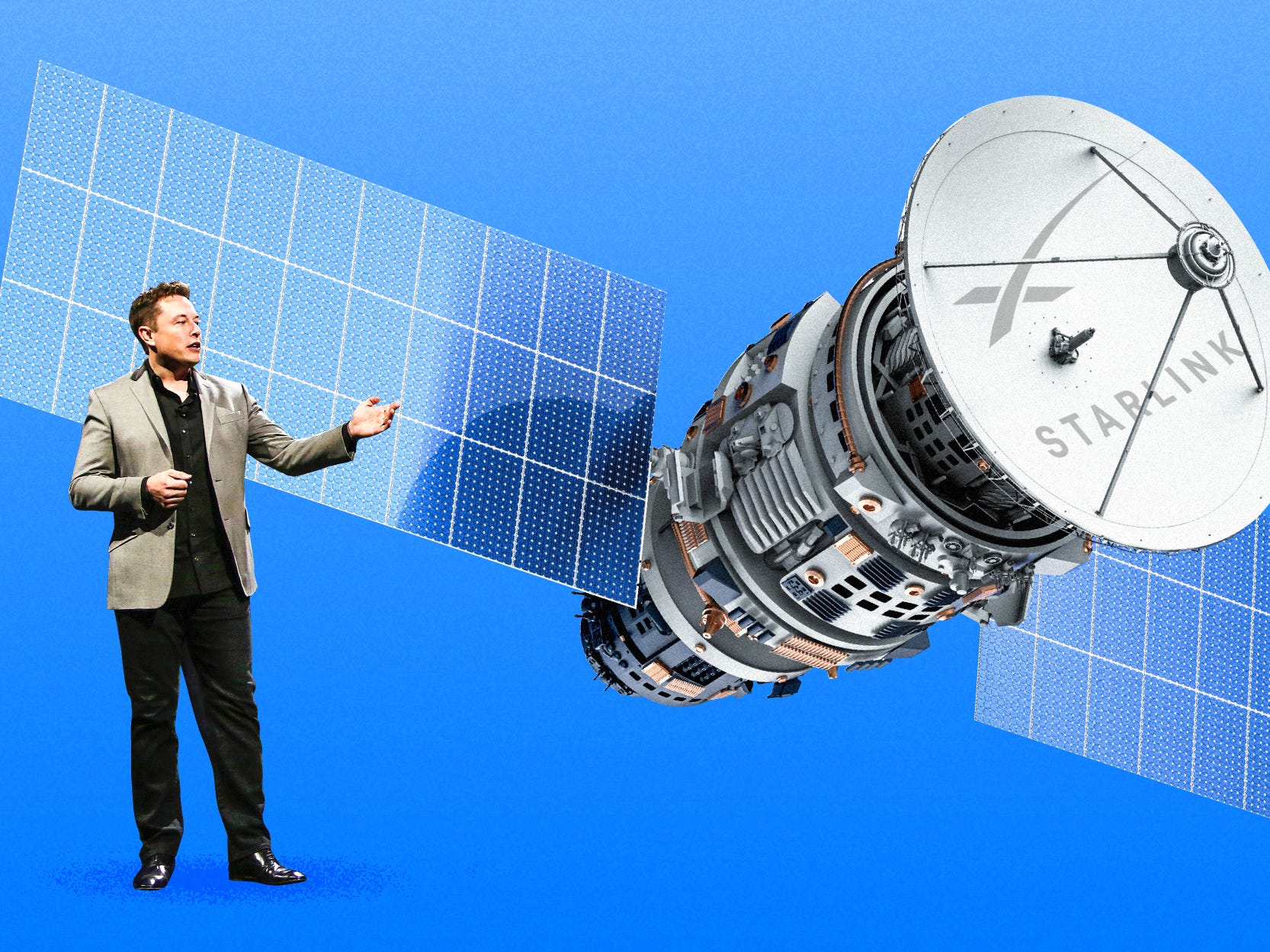Some US school buses will get Starlink's satellite internet service installed as part of a pilot project. Elon Musk.

Wednesday, September 28, 2022 | Chimniii Desk
According to a Tuesday filing with the FCC, the company is piloting a program to expand its satellite internet service to some school buses. The company told the FCC that it is working with school districts in rural areas of the country to provide students with its satellite internet service on buses.
Musk's company told the FCC that it is focusing the pilot program on bus routes that are over an hour long. "Many students who need the most support live miles from school, with lengthy commute but no internet access at home," the company said in its filing. Starlink is the best service to close this overlooked part of the Homework Gap. The 6-part video series will capture the vision of Indian leaders and highlight the potential for the sector in the decades to come.
Advertisement

Advertisement
The FCC was urged to approve federal funding to support providing school buses with internet. The FCC wants to use funds from a program designed to outfit schools and libraries with internet to provide internet on school buses. Insider asked for comment from the FCC and the FCC did not reply. The FCC rejected an $866 million subsidy for Starlink to provide its service to rural communities in the US.
The space venture failed to demonstrate that the providers could deliver the promised service, according to the commission. The agency made a decision that was quickly hit back at by the company. The FCC decision was found to be unfair and contrary to the evidence presented by the company. The FCC approved Musk's company to use the Starlink for vehicles in motion in June. The service is growing. Last week, Starlink's capabilities were demonstrated by demo flights on a private jet. Starlink has a user base of over 400,000. There are more than 2,500 satellites in the company's network. The service will deliver high-speed internet to customers in rural areas and higher latitudes.